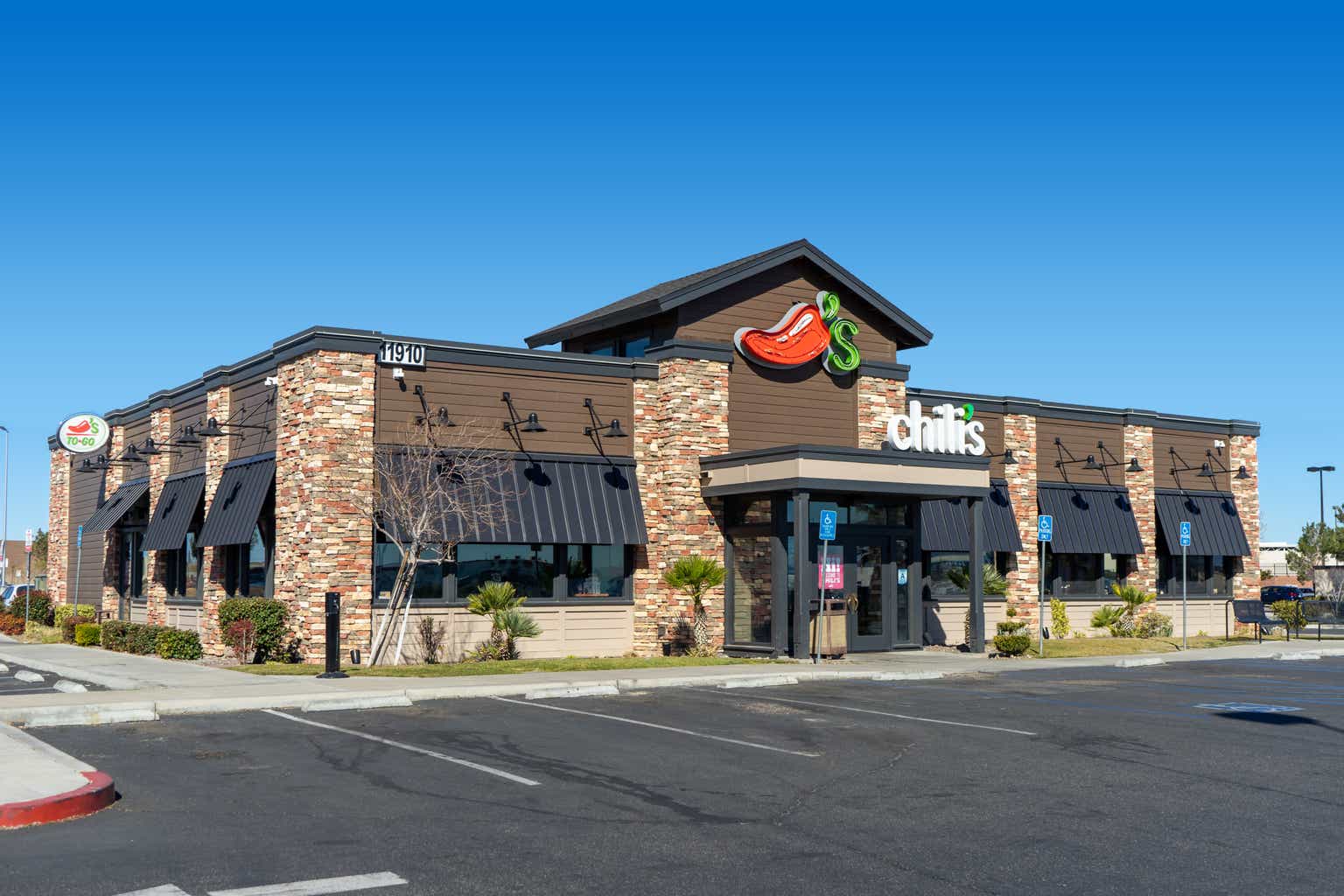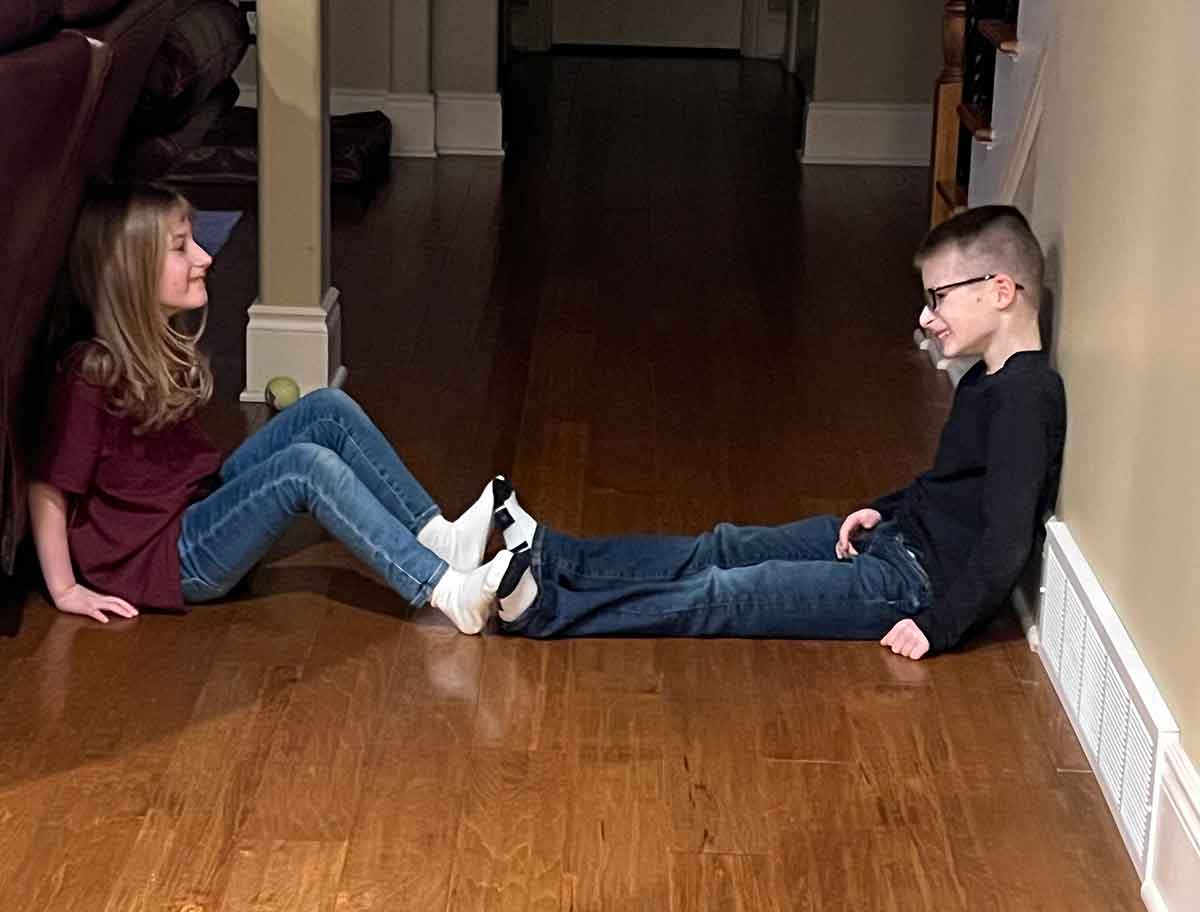The Challenges of Long-Distance Eldercare
The decision to move your parent into assisted living is a difficult one. And the expenses of it add another layer of complexity. The post The Challenges of Long-Distance Eldercare appeared first on The White Coat Investor - Investing & Personal Finance for Doctors.

 By Dr. Diana Nevins, Guest Writer
By Dr. Diana Nevins, Guest Writer“Help, I’ve fallen and I can’t get up!”
The cheesy commercial from the 1990s that featured that line became a national punchline, as the over-the-top acting made it unintentionally comic. The real deal, however, is NOT funny at all. I found that out the hard way.
I had last visited my elderly father—who lives 500 miles away from my home and who is still mentally sharp but suffers from a myriad of serious medical conditions—over Memorial Day weekend in 2024. At that time, he was still living independently (but with some caring neighbors keeping a close eye on him), walking well with a cane, and still capable of safely driving at the age of 89. There was no hint then of what the summer had in store: a series of short hospitalizations followed by stays in rehab facilities, each of which had left him less and less physically capable. I hired some part-time unskilled help (a pair of lovely older ladies who had helped out my father when he was dealing with my mother’s decline due to Alzheimer’s) to come in three times a week and help him with basic chores; they had both told me that they thought he’d soon need more care. Then came his 90th birthday party in early October 2024.
I had flown in for the big event, and I was surprised and dismayed to see he now needed a walker full-time instead of a cane. But I was more surprised when, on Saturday, he fell in the middle of the night and couldn't get up by himself or call for help. He wore a Life Alert-style pendent, but it “didn’t work” (we found out later that it was because he didn’t hold the button down for a full four seconds). He’d left his cell phone and his Apple Watch downstairs, and to my shock, I discovered the landline in the second upstairs bedroom was no longer functional. If I had not been there to call the paramedics, he might have been lying there on his bedroom floor for 36 hours until his housekeeper came on Monday afternoon to do his laundry.
My father had become the little old lady in that cheesy commercial. And one thing was immediately clear to me: it was no longer safe for him to live by himself. Part-time help three times a week was no longer enough. After a long conversation, my father agreed, and the search for a workable option began.
Fortunately, over the summer I had already begun investigating some options. As a WCI devotee, I thought I was well off—until I discovered what 24/7 in-home care costs in the Chicago area. Unskilled care came in at over $20,000 a MONTH. Skilled nursing care was more than $30,000 a month. My father’s assets don’t come to more than $250,000 total, and while I may have a few million in the bank, I am not Warren Buffett; those options were ruled out right away.
Evaluating Senior Living Facilities
I had also started researching senior living facilities. My father has many close friends in his current community, and he’d be broken-hearted if he had to leave them behind, so I didn’t consider bringing him home to my city. Instead, I looked at several facilities in the northern Chicago suburbs and asked his current caregivers and his neighbors about all of them. One, in particular, got rave reviews from everyone, and it was only two miles from his current home.
One of my cousins (who had come up for the birthday party) and I arranged a tour, and we were both impressed with the condition of the place and the care options they offered in their “independent living” section (which is more like “we keep a close eye on you” living than truly independent living). They also offer an “assisted living” option with a higher level of care, which my dad could transition to later if the need arises. My father already knows one of the residents there, which I thought would ease the transition. And he can afford the cost, at a bit less than $4,000 per month for nice a one-bedroom apartment, once the house is sold. My cousin (who had graciously volunteered to stay with my dad for a week so I could return home and take my scheduled weekend call) agreed to arrange for my dad to tour the facility.
More information here:
Cost of Caring for Aging Parents
Not All Senior Living Facilities Are the Same
My father had been under the misimpression that all senior living facilities were like nursing homes or the memory care unit my mother was placed in when her Alzheimer’s advanced to the point where he could no longer take care of her. But this senior living facility is bright and cheerful, with each resident having a handicap-friendly one-bedroom or two-bedroom apartment with a small kitchen and a dining room where he could eat chef-prepared meals. There are plenty of common areas and group activities. Residents are free to come and go as they please (the facility just wants them to check in and out, so in case of an emergency, the workers know who’s there and who is not). He even knows someone already who lives there.
My father liked what he saw, and after our visit, we had a long discussion. He was worried about the financial aspects and about losing touch with his friends in the neighborhood, but he also admitted to me that the fall on Saturday night had really shaken him up. He was lonely spending so much time at home alone (especially since the death of his dog at the beginning of 2024), and he felt anxious as soon as he arrived home from his last rehab stay. He really didn’t want to be home by himself anymore.
Some quick math showed that the facility wouldn’t cost much more than staying in his current townhouse, and I told him I would be less worried about his safety if he moved there. He agreed it was time to bid farewell to his townhouse and move to the senior living facility. My cousin agreed to have him stay with her in Indianapolis for a month until the apartment he chose was ready (I owe her a lot!), and he moved there in early December 2024.
More information here:
Helping Your Parents Financially
Lessons Learned to Date About the Eldercare Journey
Plan Early
Physical and/or mental decline can be sneaky, and it can happen faster than you realize. It pays to start doing your research EARLY!
Simple measures—such as putting all bills on autopay, getting yourself added to your parents’ bank accounts, enrolling them in online banking if they will agree to this (my father would not), hiring a housekeeper, and teaching them to use Uber/Lyft—can go a long way to keeping an elderly person independent longer.
Do Estate Planning
If you can, get your parents to do estate planning. You are going to need durable healthcare POAs and durable financial POAs eventually, and a properly structured estate plan can make it much easier to settle your parents’ affairs after they pass. If they are reluctant, try to emphasize that they are helping YOU as well as themselves by doing estate planning. Most older people don’t want to inconvenience their grown children, so stressing this point might get a reluctant parent to agree to get that estate planning done. I was lucky since my parents had already done this several years earlier.
You cannot force a mentally competent senior into a care facility unless it is glaringly obvious to a judge that they CANNOT properly take care of themselves. That is a high bar to clear. You will need the elder’s buy-in if the elder is mentally competent. Look for carrots! In my father’s case, being so close to his old neighborhood was one carrot. The bigger one is that he potentially could have a dog at the facility. His old dog died recently, and the loss really upset him; the prospect of potentially having a dog again (because the facility can help him care for it if need be) went a long way toward convincing him to agree to the move.
Understand the Options and Costs for Care
Research the different types of care available in both your community and your parents’ community now: part-time aides and full-time aides (both skilled and unskilled), independent living, assisted living, skilled nursing facilities, memory care, and continuing care retirement communities. Not every option is available in every area. And brace yourself, the costs will shock you.
Which brings us to Medicaid. Not all types of care are covered by Medicaid, and not all facilities accept Medicaid patients. The total assets your parent can have and still qualify for Medicaid are very low. And Medicaid has a five-year lookback on asset transfers. An attorney who specializes in eldercare law is invaluable here. I have not yet engaged one, but I will.
Tax deductions are also a consideration—some of the money you spend to support an elderly parent may qualify as a tax deduction. This is where a good CPA comes in handy. I will be questioning my own CPA closely about this when tax season rolls around.
There are many considerations besides cost and taking/not taking Medicaid when considering a facility. Can you keep your elder in a place where they won’t lose touch with their current community? Or do you need to move them to where you live? What level of care do they actually need now, and is it available in that facility? If they need to transition to a higher level of care later, does that facility offer the care they need? Does the facility offer activities your parent would enjoy? Is the “feel” right? Interview as many people who have actually used the facility as possible, and pay attention to any negatives they bring up.
Expect Life Disruption
This will disrupt your life in a major way—even if you live in the same community as your elder and especially if you do not. FMLA does NOT cover leave taken to move a parent into a facility, only leave taken to directly aid in their medical care. I had to take an unpaid personal leave of absence in December to move my father into his new apartment, and I may need to make some weekend trips to Chicago in early 2025 to get him completely settled. And after that comes clearing out the house and listing it for sale. But that can wait a few months!
Figuring out eldercare, like aging itself, isn’t for sissies. But the sooner you start to plan for it, the smoother things are likely to go, and the happier both you and your elderly parent are likely to be with the results.
“Help, I’ve fallen. But I CAN get up, thanks to the staff at the senior living facility!”
Have you helped relatives with eldercare? What was the process like? Were the expenses a surprise? What else can be done to prepare yourself and your parents for this phase of life?
The post The Challenges of Long-Distance Eldercare appeared first on The White Coat Investor - Investing & Personal Finance for Doctors.














































![Marijuana’s hidden threat to fertility and family planning [PODCAST]](https://kevinmd.com/wp-content/uploads/The-Podcast-by-KevinMD-WideScreen-3000-px-1-scaled.jpg)




































